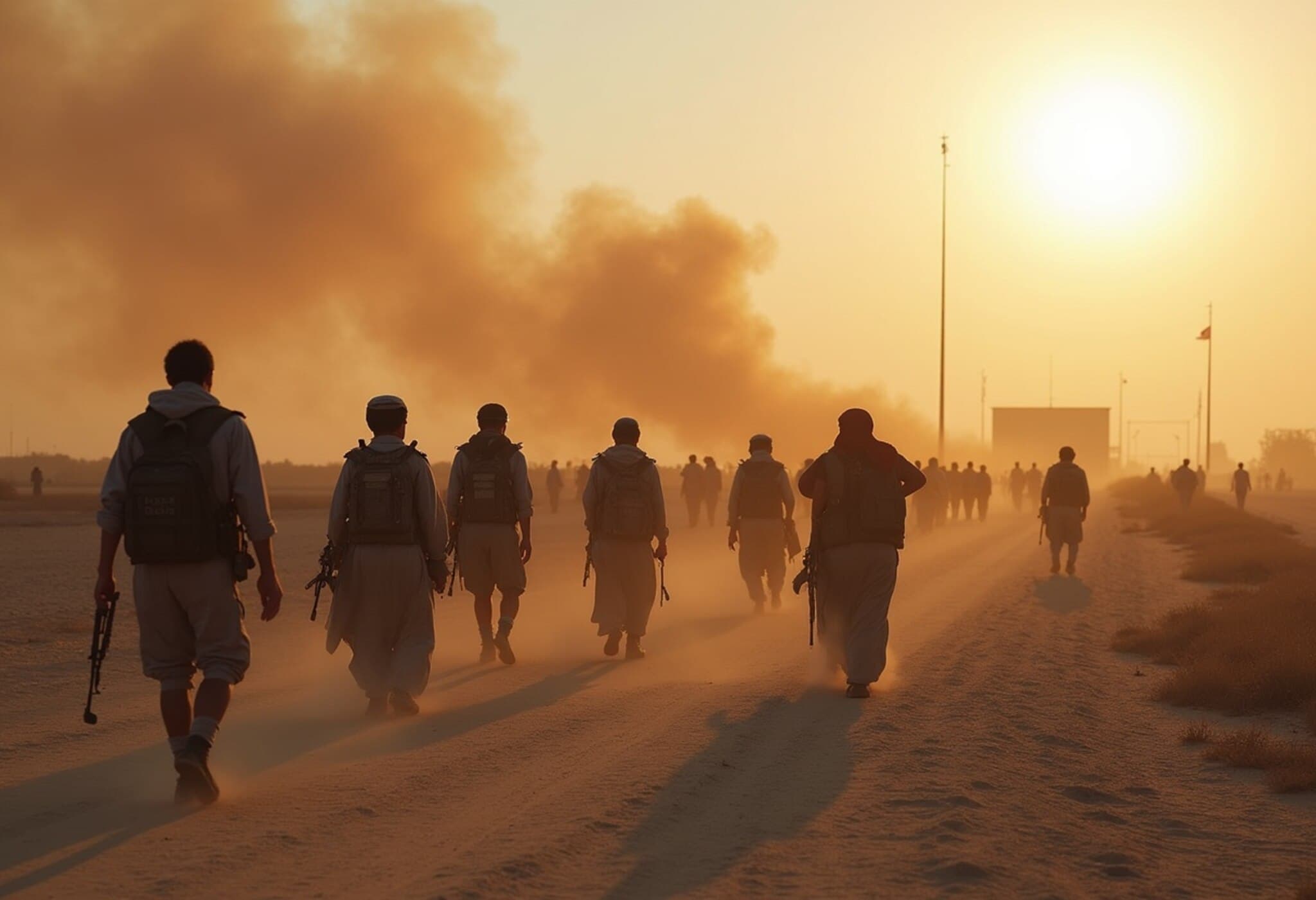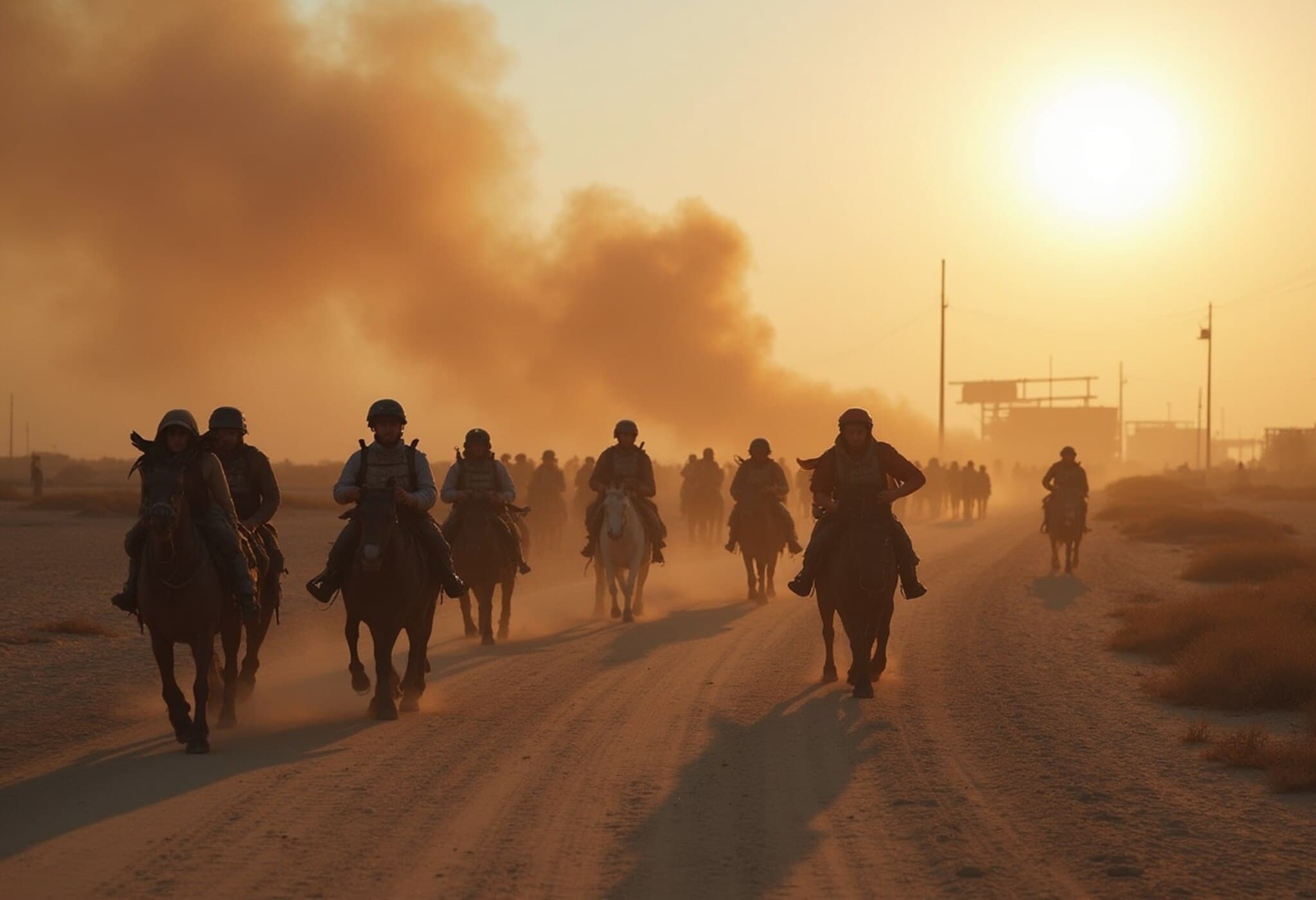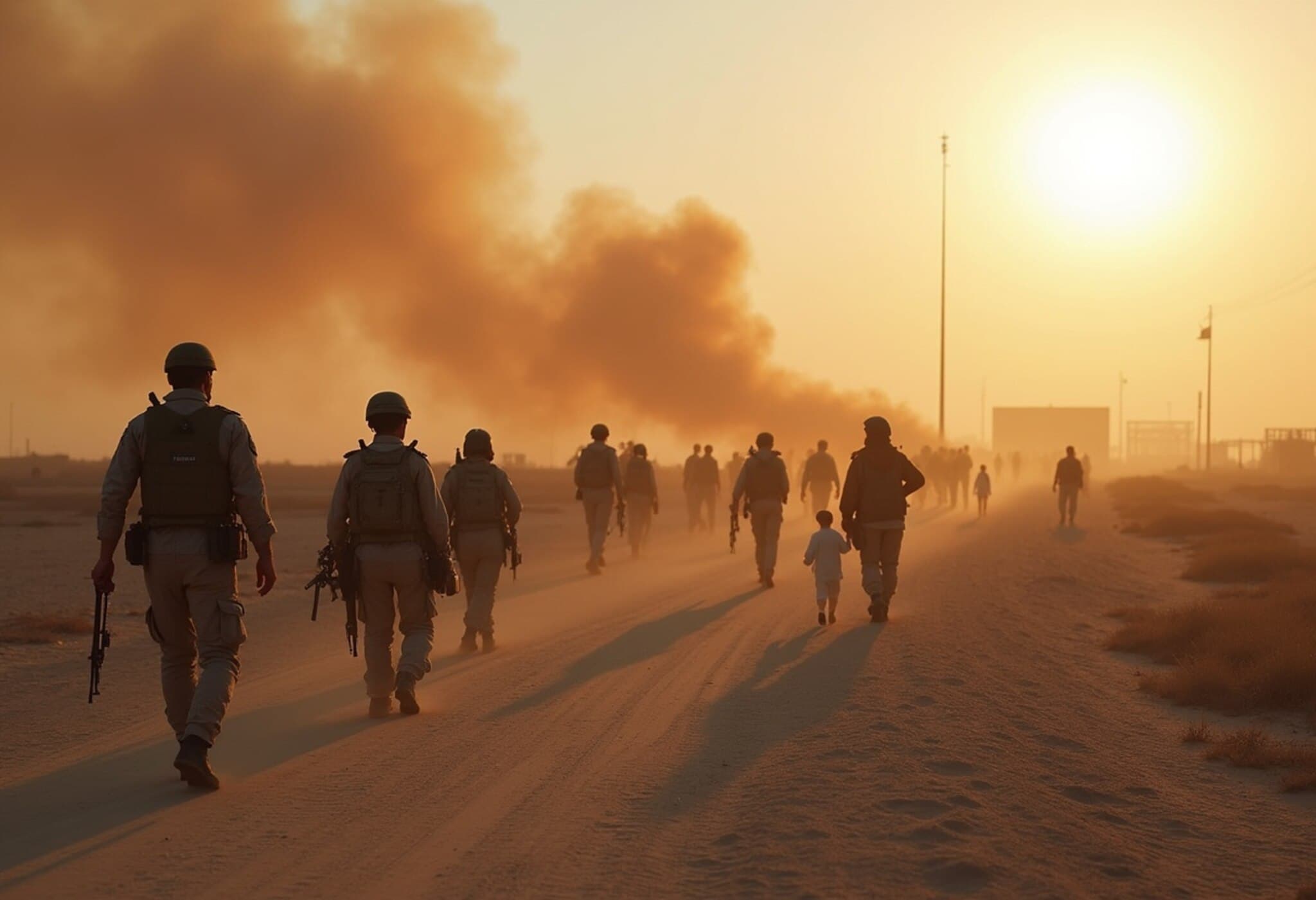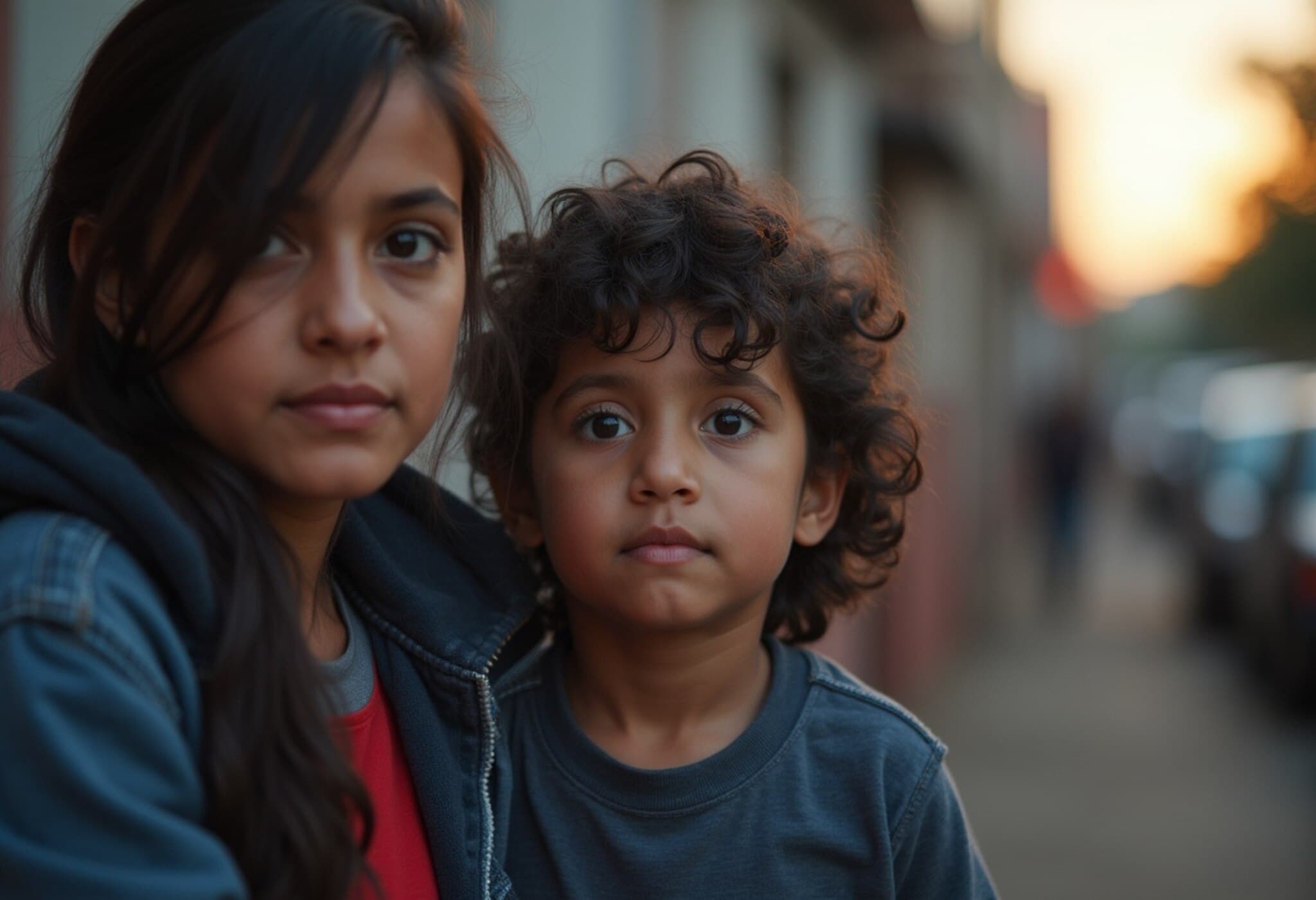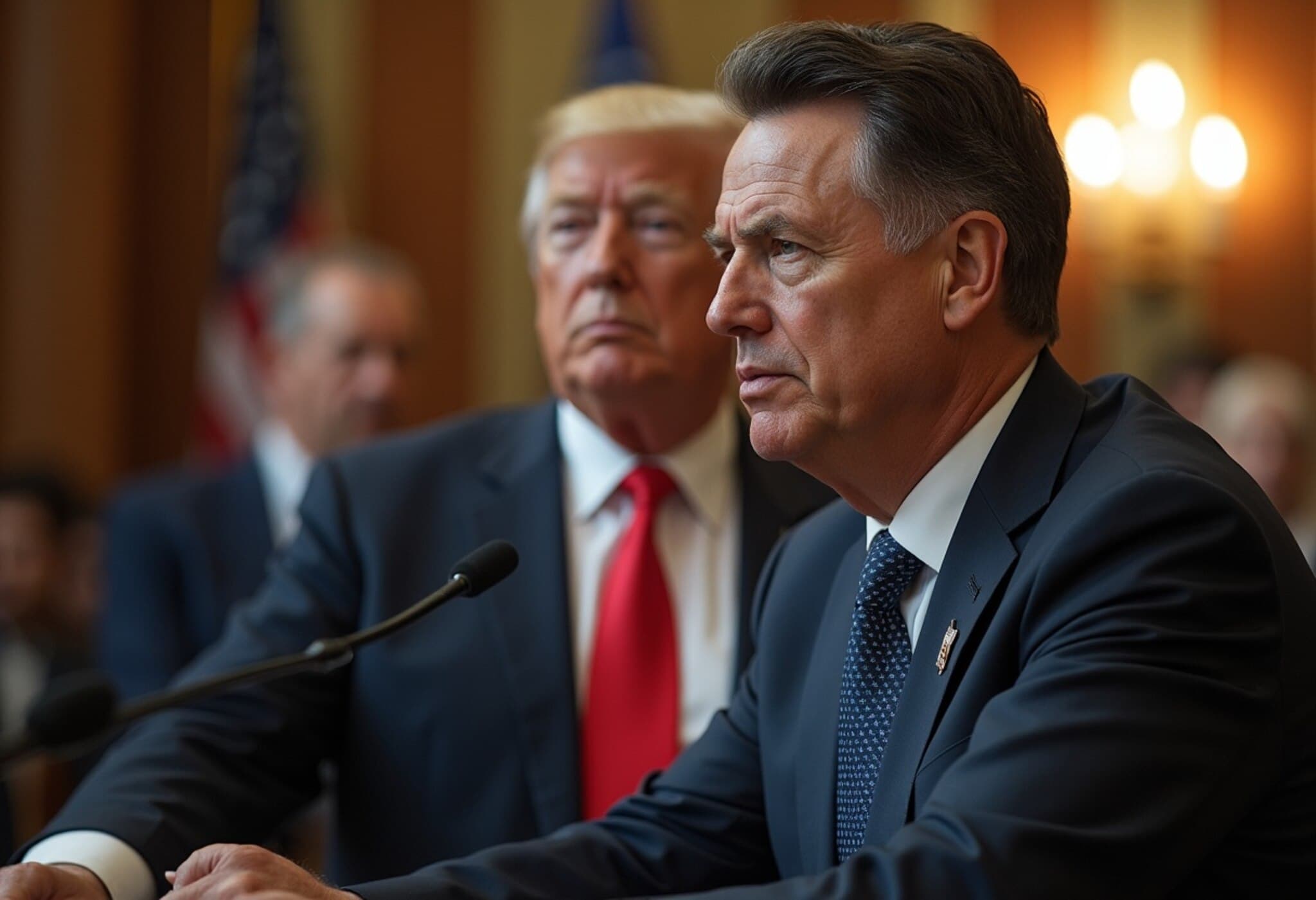Israel and Syria Reach Ceasefire Amid Intense Druze-Bedouin Clashes in Sweida
In a significant diplomatic development, Israel and Syria announced a ceasefire agreement early Saturday following a brutal week-long confrontation between Syrian government forces and armed groups representing the Bedouin tribes and the Druze minority in the southern province of Sweida. This conflict has tragically claimed over 300 lives and triggered a rapidly worsening humanitarian crisis, displacing tens of thousands.
US Envoy Announces Ceasefire Backed by Regional Players
The ceasefire declaration came from Tom Barrack, the US Envoy to Turkey and Syria, who emphasized in a social media statement that this fragile truce holds the potential for uniting fractured communities. Barrack called on the Druze, Bedouin, Sunnis, and other minorities in Syria to "lay down their weapons and collaborate toward a new, united Syrian identity." He further acknowledged the critical backing of neighbouring states including Turkey and Jordan in supporting this peace effort.
This development follows a series of escalating attacks wherein Israel launched targeted airstrikes on Damascus and southern Syrian government positions earlier in the week. Israel justified these operations as necessary measures to defend the Druze, a small but influential ethnic minority with meaningful presences in Syria, Lebanon, and Israel itself.
Complex Mosaic: Druze, Bedouin, and Government Dynamics
The Druze community, historically loyal to the Syrian government, has found itself increasingly caught in local power struggles. Shortly after a separate ceasefire agreement between Syrian government forces and the Druze militia on Wednesday, violence erupted between Druze fighters and Bedouin tribal groups, some of which enjoy tacit government support.
According to reports from Agence France-Presse, around 200 Bedouin combatants armed with machine guns initiated attacks against Druze factions—highlighting the fluid and fractious nature of alliances. Syrian government troops, ostensibly intervening to restore order, were largely seen as siding with the Bedouin factions, leaving the Druze more isolated.
In a parallel move, Syrian interim President Ahmad al-Sharaa announced the deployment of specialized forces to quell unrest and stabilize Sweida’s volatile environment.
Humanitarian Crisis Intensifies with Mass Displacement and Infrastructure Collapse
The United Nations migration agency painted a stark picture of the humanitarian fallout, reporting an estimated 80,000 displaced individuals since hostilities intensified on Sunday. Essential services such as water and electricity have been severely disrupted, telecommunications networks are faltering, and healthcare facilities in both Sweida and the neighboring Daraa province face severe shortages and operational challenges.
- Supply routes are intermittently cut off due to insecurity and road closures.
- Humanitarian aid deliveries remain inconsistent, exacerbating suffering.
- UN humanitarian coordinator Adam Abdelmoula emphasized the urgent need for access and security to alleviate civilian hardship.
Regional and International Implications
This conflict not only sheds light on the fragile balance of ethnic and tribal relations within Syria but also on the broader regional geopolitical chessboard. Israel's intervention, framed as protecting the Druze minority, adds a complex layer to the Syria-Israel dynamic. The Druze, seen as a loyal minority within Israel and Syria, occupy a sensitive nexus point where ethnic identity, political allegiance, and national security concerns intersect.
Moreover, the involvement and support from regional actors like Turkey and Jordan in brokering the ceasefire underscore the importance of diplomatic engagement in preventing the Syrian conflict from further spiraling into wider regional instability.
Editor’s Note
The ceasefire between Israel and Syria offers a momentary reprieve, yet the underlying tensions between the Druze and Bedouin communities—and the Syrian government’s role—pose unresolved challenges that risk igniting further violence. The mass displacement and collapse of basic services in Sweida highlight the urgent need for comprehensive humanitarian response beyond military and diplomatic interventions.
For analysts and policymakers, the evolving dynamics in Sweida raise critical questions about minority protections, the role of armed tribal groups, and the impact of foreign military actions on Syria’s intricate social fabric. Ultimately, long-term peace will depend on inclusive dialogue that addresses underlying grievances and fosters coexistence among Syria's diverse communities.

